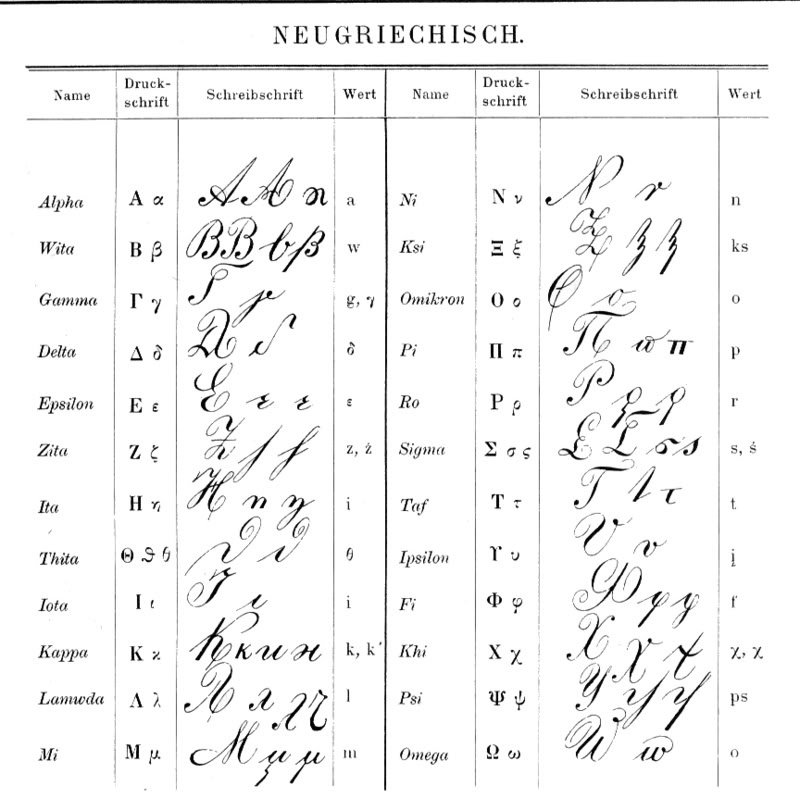Vote #1 Jay Wacker: Jay Wacker’s answer to What exactly is Wikidata and what is its relationship to Quora topics and questions?
To break down what Jay said just a bit further:
An ontology is an organisation of concepts in the world. Quora’s existing hierarchy of topics is one, contributed to by Quora askers, Quora topic gnomes, and whatever the initial seeding of it was within Quora.
Wikidata’s ontology is a rather bigger ontology. It has been contributed to by Wikipedia editors, in all the various language versions, and many other online projects.
In addition to the benefits Jay has mentioned: the Wikidata ontology has more information about its topics than the Quora one does. In particular, it has more explicit links between subtopics and their parent topics; more identification of topics as people; more identifications of topics as places, and the geographical coordinates of those places. (As well as all the information contained within the related Wikipedia articles; and the infoboxes in Wikipedia are all machine-readable by design.)
By matching Quora topics to Wikidata topics, Quora can work out parent/child topic links, which are pretty crucial to how topics are used. (You have to explicitly tell Quora that sociolinguistics is a subtopic of linguistics, and if you don’t, people subscribing to linguistics will not receive new sociolinguistics questions. Multiply that by every new topic ever.) Quora can produce maps of location topics, and work out which places are close to each other, which can also help the related topic suggester. Quora can narrow down which topics are (famous?) people. Quora can work out which topics are bona fide ambiguous, where it hasn’t already.
Questions and answers rely on a topic ontology. Quora is now upgrading from a smallish homebrew ontology, to a much bigger and authoritative homebrew ontology.
